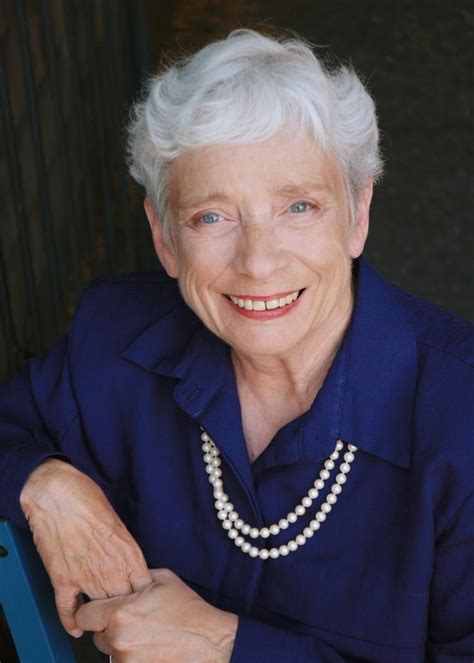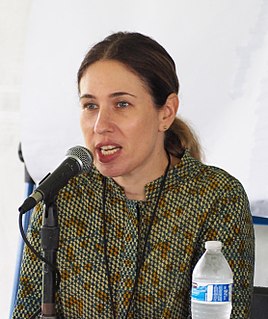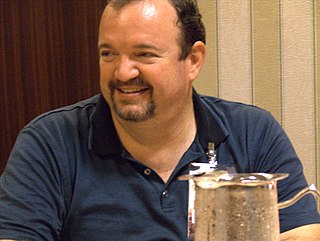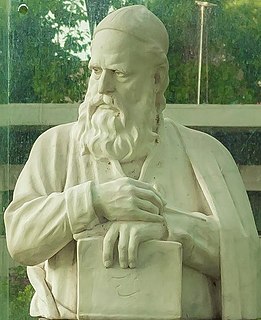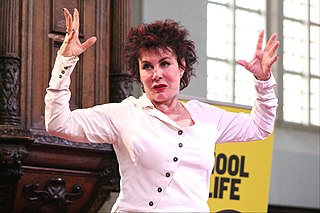A Quote by Lois Lowry
If somebody takes the time, a: to read a book that I have written, and then to b: care about it enough to write me and ask questions, surely I owe them a response.
Related Quotes
It was amazing to me then, and still is, that so many people who wander into bookshops don't really know what they're after--they only want to look around and hope to see a book that will strike their fancy. And then, being bright enough not to trust the publisher's blurb, they will ask the book clerk the three questions: (1) What is it about? (2) Have you read it? (3) Was it any good?
I write with the idea that nobody will care about what I've written; I publish with the idea that nobody will care either. Which is why every time somebody cares enough to read a novel of mine, or respond to it - a reader, a reviewer, even my own editor - I'm a little bit amazed, and so hugely grateful.
I don't know enough about the lower classes to write about them. I don't feel with them, and that could be regarded as a defect, a limitation of my imagination. I could put myself in their position, but not politically. The idea of writing a story or a book about somebody completely devoid of appreciation of anything I care about is completely foreign to me.
[A] couple I had known - who were old friends - asked me what I was going to work on next. I told them I wanted to write a near future book about AIDS concentration camps. They were vehement in their response: they thought it was a terrible idea. Their words both shocked and saddened me. "Do you really want to write a book about homosexuals?" they asked me. "Won't people who read your work be influenced toward sin?" I notice that I don't hear from them much lately.
My feeling, however, is that films that are open are more productive for the audience. The films that, if I'm in a cinema, and I'm watching a movie that answers all the questions that it raises, it's a film that bores me. In the same way, if I'm reading a book that doesn't leave me with questions, moving questions, that I feel confronted with, then for me it's a waste of time. I don't want to read a book that simply confirms what I already know.
I opposed the Fatwa against Salman Rushdie. I read the book and took a critical distance. I did not think The Satanic Verses is a blasphemous book. I did not consider the book as being a great read, but as an intellectual I read, I assess, and I respond. I make a difference between true freedom of expression to which we owe a response and provocation, which we ignore.
For me, the goal is always to write a novel that I myself would like to read. People frequently ask me what my favorite book is, and in effect, there's always a capital-F Favorite, capital-B Book that I would like to write myself someday. I try to go for that ideal of writing the best, most entertaining, most beautifully written book that I possibly can.

